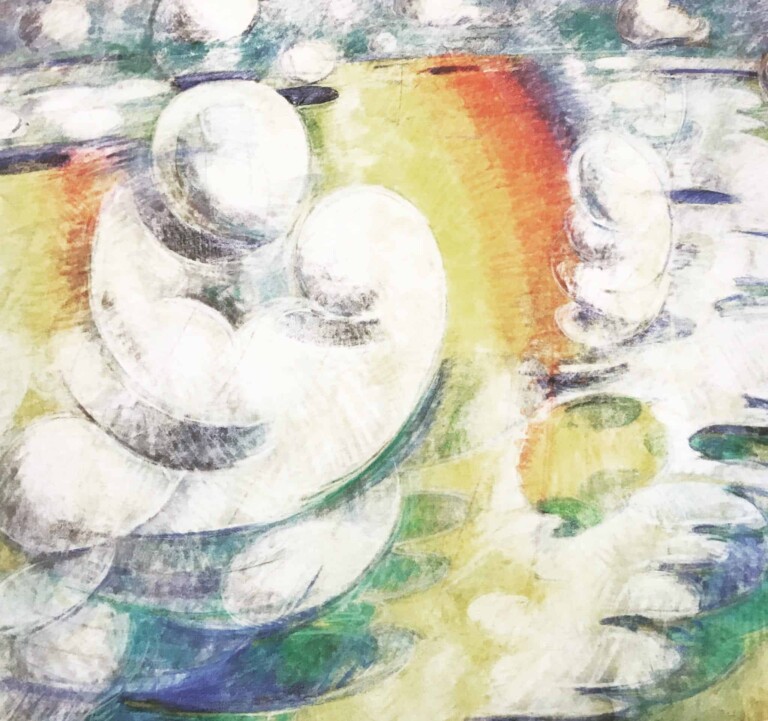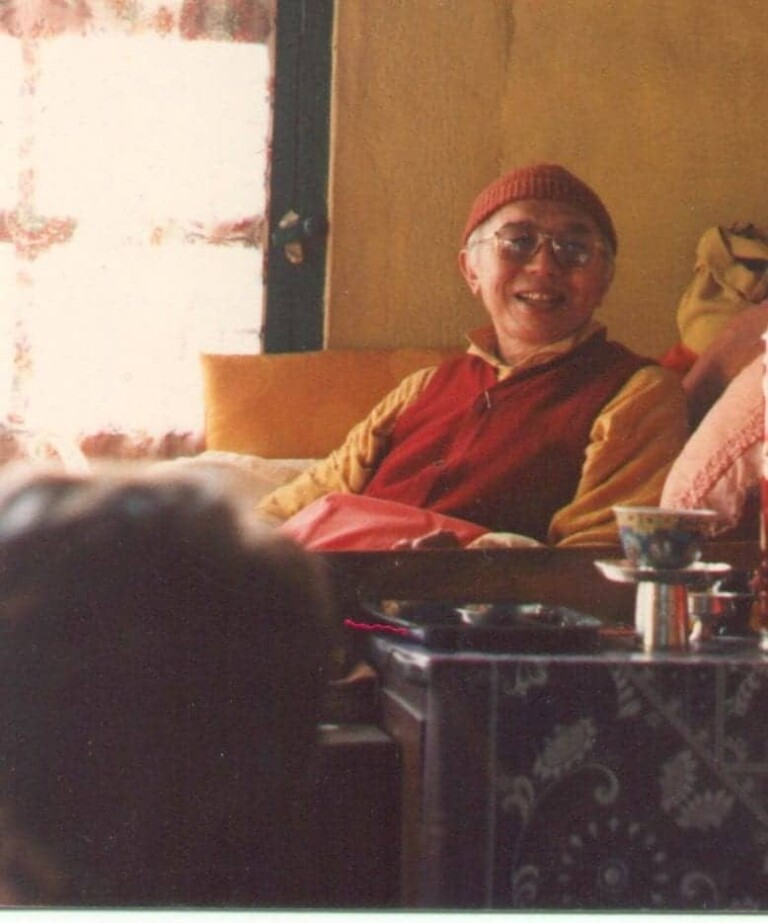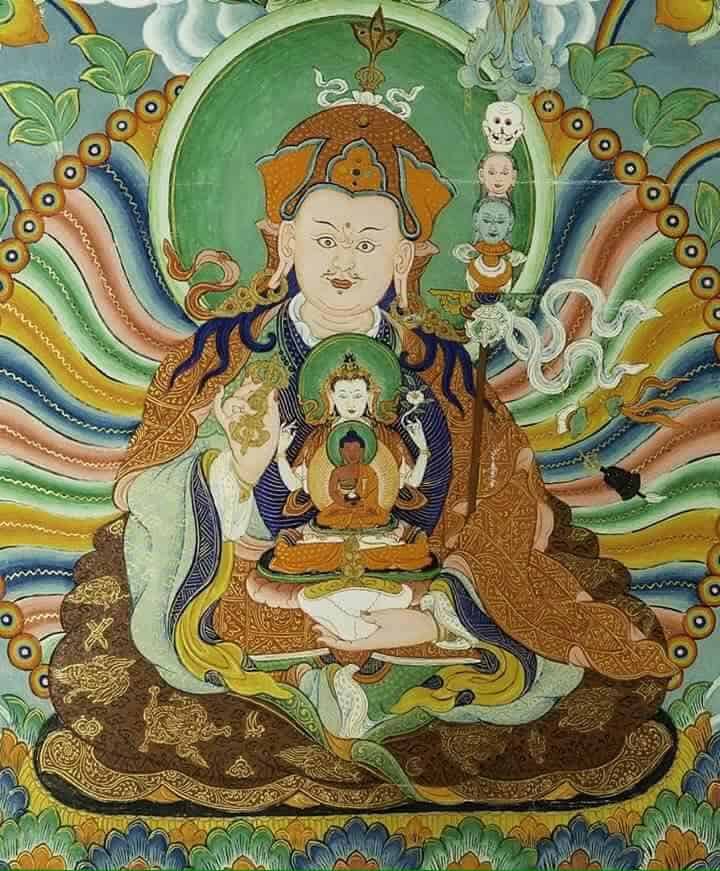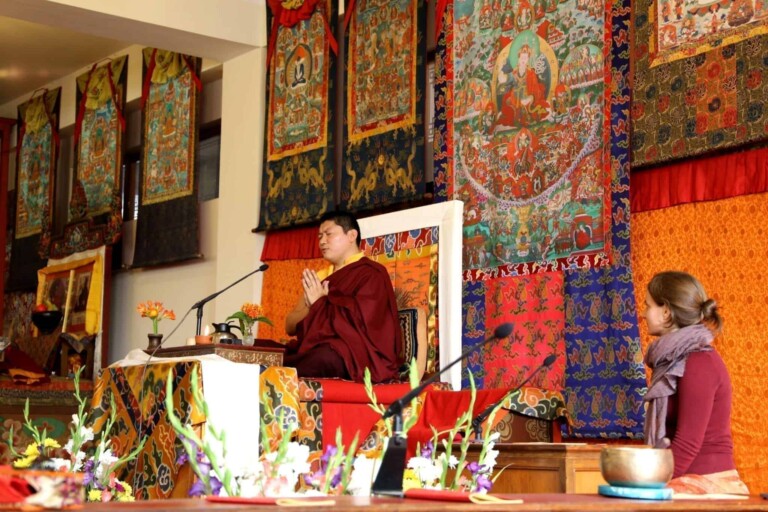Bodhicitta

Caregiving at a Distance and the Paramita of Generosity
Andrea Sherman shows how we can utilize the six paramitas to touch the human spirit through virtual technology....

Path of Transformation» Radically Happy
Relying on the Four Immeasurable Qualities During a Pandemic (Part 1): Immeasurable Equanimity
Erric Solomon begins a four part explorations of the Four Immeasurables....

Path of Transformation
Essence of Bodhicitta
In this short audio teaching, Phakchok Rinpoche answers a student question asking about the very essence of bodhicitta....

Path of Realization
What Devotion Really Is, Part 3 – Infallibly Inseparable
There seems to be a lot of talk in Buddhist blogs, magazines and in real-time lectures about what it means for a guru to be...

Path of Realization
What Devotion Really Is, Part 2 – Cultivating Devotion and Sometimes Saying No
In modern culture, we seem to have lost the traditional regard for our mentors. In the old days, you apprenticed to a trade. Your master...

Path of Realization
What Devotion Really Is, Part 1 – Devotion Beyond Concepts
What is devotion? Is there something about the guru/disciple relationship that makes it unsuited to the modern world? If this relationship is truly essential to...

Check Yourself! The Tool of Reflection
In this article, Nina Eder reflects on Phakchok Rinpoche's instructions on taking time to reflect on our minds....

Path of Transformation
Meditation: Correct Preparation in Three Steps
Learning meditation requires both study and actual practice. Correct preparation before starting a meditation session allows us to experience authentic results...
Path of Transformation
Motivation: The Real Meaning of Bodhicitta
In this teaching, Phakchok Rinpoche challenges us to come to understand the correct motivation. “Motivation is a reflection of yourself”, he teaches. This shows how...

Path of Realization» Path of Transformation
Motivation or Intention
Motivation or intention precedes any activity, even if we don't realize or acknowledge it. According to traditional Buddhist teachings, the initial motivation really determines whether...

Path of Realization» Path of Transformation
Buddhist Science of Mind
Science of mind occupies a great deal of attention in Buddhist philosophy. This is not some new development; ancient Buddhist texts include major treatises investigating...

Path of Transformation
Exchanging Self and Others: Building Bodhicitta Part Two
Exchanging self and others is the supreme method for building our bodhicitta. We develop this through a process called tonglen, or "sending and receiving"....

